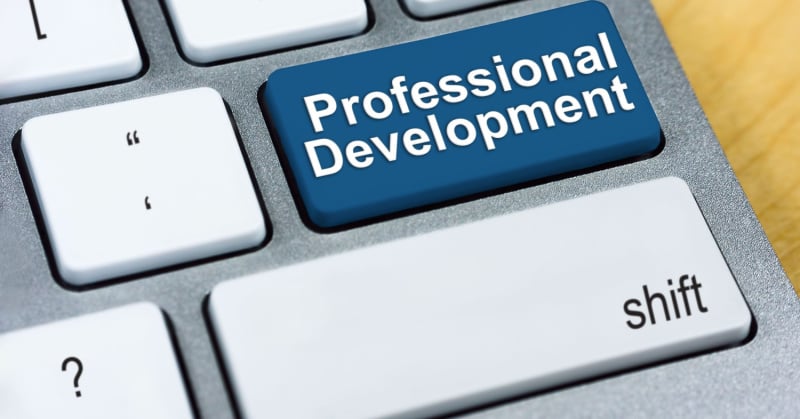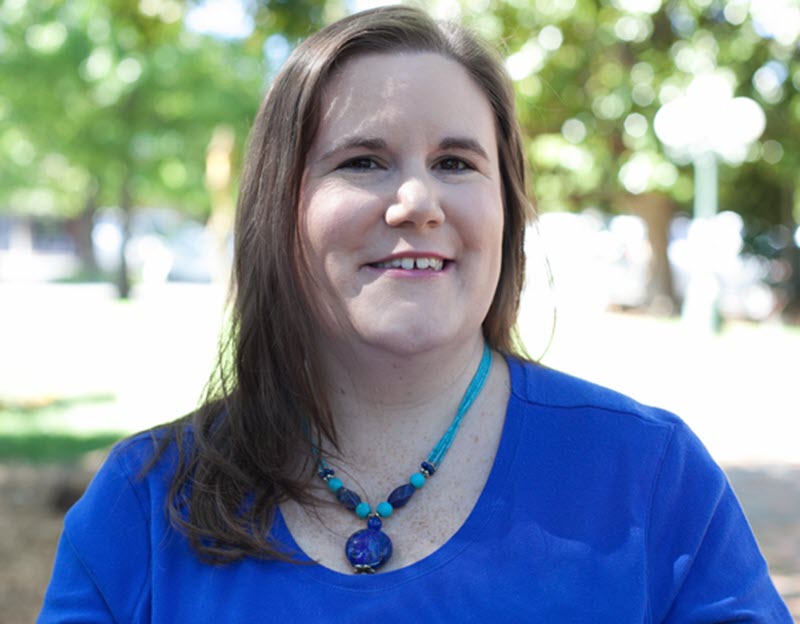Accountants and bookkeepers are learners by nature. We love a good certification program. We live for industry conferences. Call it “continuing education,” and we whip out our credit cards so fast sparks fly.
We should prioritize professional development in our firms. We deal in knowledge, and continuous learning makes our firms – and our clients’ businesses – better. But we must be smart about our professional development investments. Committing to programs our bank accounts (or our calendars) can’t support is not a wise use of our firms’ resources.
Fortunately, it’s easy to put some guardrails in place to prioritize professional development, without biting off more than we can chew.
Three professional development guardrails every accounting or bookkeeping firm needs
Before you commit to a professional development opportunity, you must make sure you have the time to commit to it, the money to pay for it, and the accountability to see it through. And although that sounds simple enough, in the heat of the moment (expiring conference promotion, anyone?) it’s easy to overcommit if you’re relying on discipline alone.
That’s why you need these three guardrails.
1. Professional Development Time Box
When faced with a juicy professional development opportunity, it’s easy to overestimate what we can reasonably accomplish. We commit with good intentions, and then client work, emails, and staff issues suck up all our time. Before we know it, a year has passed, and we haven’t used a fraction of the professional development resources we paid for.
Enter time boxing. Create time on your calendar to spend on professional development. For the best results, set a recurring appointment for the same time each week, and then treat that appointment the same way you would treat an appointment with your best client. Meaning nothing gets scheduled over your professional development time.
For more information on how to time box effectively, check out this recording of training I conducted.
2. Professional Development Account
At Profit First Professionals, we encourage our members to open a Professional Development bank account in addition to their core five Profit First accounts. This bank account funds all professional development opportunities: our annual conference (and other industry conferences), continuing education, membership investments, certification courses, and books.
Start by adding up the registration fees for all the conferences you would like to attend in the next year. Estimate your travel costs for each event, remembering to include food costs and a buffer for the unexpected expenses that invariably accompany travel. Then add your professional membership fees, and include a buffer amount for any additional education you might want to invest in. Divide this number by 12 and set up an automatic monthly transfer from your business checking account to your Professional Development account. Whenever you make a payment for professional development, transfer the money out of this account to cover the expense.
This guardrail keeps you from accidentally overspending on Professional Development. If the account balance reaches zero, you know you have used your Professional Development budget for the year.
3. Professional Development Accountability
Partner. Starting a new professional development activity is exciting. But sticking with it? Meh. Whether it’s a professional membership, a certification course, or even working through the action steps in a book you’re reading, there comes a point where starting something new is more exciting than finishing what you’ve already started.
Giving into “shiny object syndrome” puts us into a cycle of always starting. We end up committing more time and money than we have and never finishing anything, which means we never get an ROI on our professional development investments.
This is why you need an accountability partner – or even an accountability group – to help you stay committed to your professional development goals.
Here's the great thing: You and your accountability partner don’t have to invest in the same professional development for this to work. Find a colleague you respect (it will be harder to disappoint them) and ask them to hold you accountable for reaching certain milestones in your professional development. Do the same for them. This will ensure you both finish what you’ve started, which means you’ll get the biggest bank for your professional development buck.
Profitable professional development is possible
There’s nothing wrong with investing money and time in professional development. In fact, doing so is necessary for the growth of your firm, and it increases your value to your clients. When you put these three professional development guardrails in place, you can rest assured you will always get the most value from your professional development investments.
.png?width=150&height=63&name=TWRlogo-regmark_blueblack%20(1).png)
.png)










Do you have questions about this article? Email us and let us know > info@woodard.com
Comments: